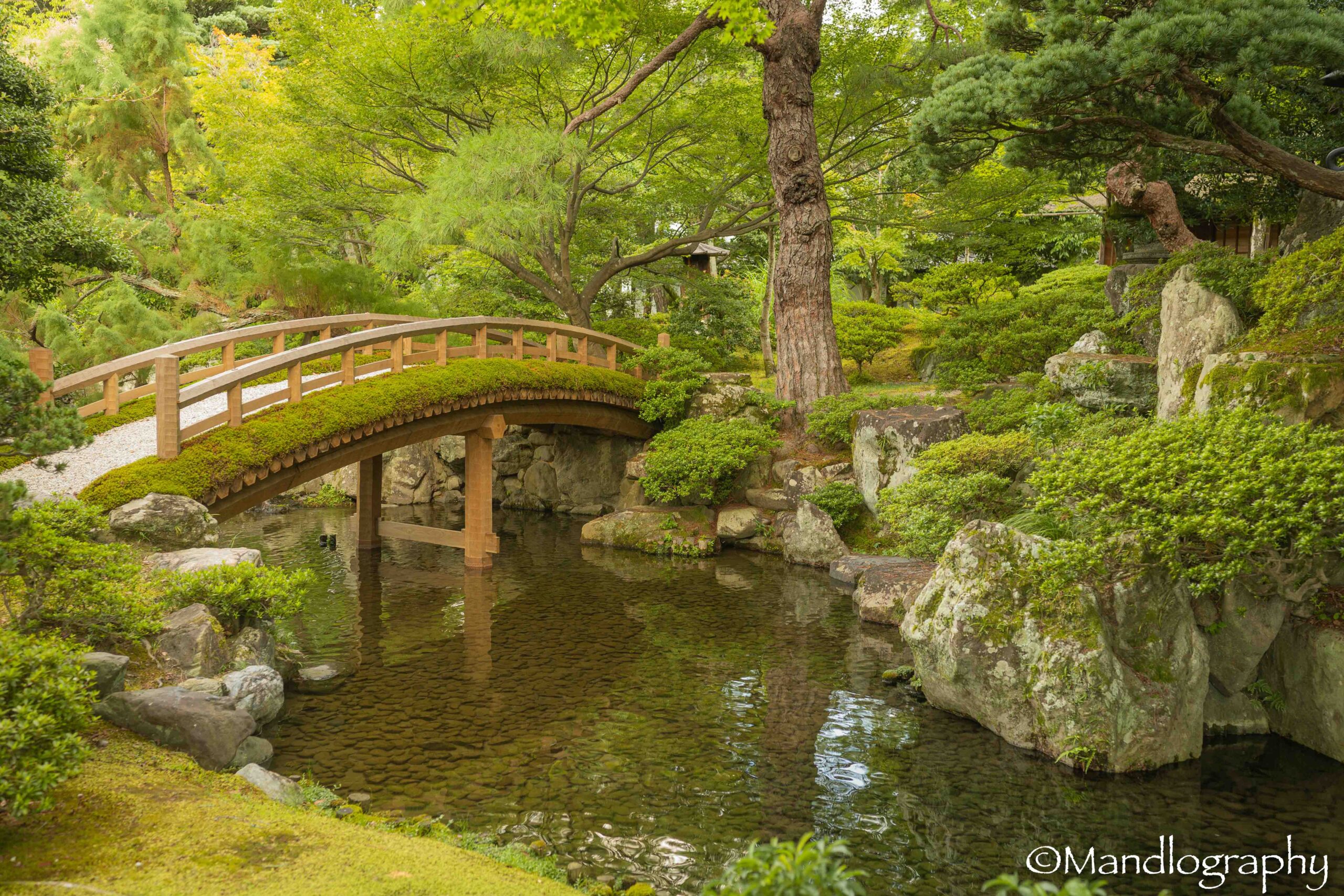Visiting Japan is an immersive experience that goes beyond the ordinary. The senses are awakened from the moment you step into this captivating country. Your mind is ignited by a myriad of experiences. I felt welcome and yet, as an introvert, left alone to comfortably engage on my own terms.
My journey through Japan was a whirlwind of awe and wonder. Japanese culture is rich and diverse and one may need more time than I had to dig deeper and understand it. The country is filled with many hidden treasures. Some of these treasures, were uncovered as my journey progressed. This brought up several valuable lessons and thought provoking questions. I hope this offers you a glimpse into the rich tapestry of experiences offered by the ‘Land of the Rising Sun’.
1.Respecting others
Japan has a rich culture of respect. This is reflected in the way people engage with those around them, whether it is family, friends, colleagues or strangers. One is unlikely to be disrespected by the people they encounter. Our world be a better place if we lived in harmony with others. In spite of the different races, beliefs or backgrounds.
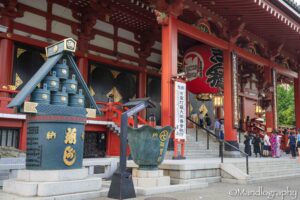
2.Respecting your environment
Japan is one of the cleanest countries I have ever been to. People have to carry around bags, and take their rubbish home as there are hardly any public bins. Whether this is a public space or their home it is respected and kept clean. It made me realise how distracting dirty spaces can be. How they can take away from one’s ability to enjoy the environment altogether.
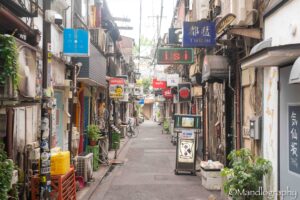
3.No one or nothing is perfect
In a world where perfection often takes the spotlight. It is easy to forget the inherent imperfections beneath the surface. Some of these imperfections arise from the price paid in the pursuit of excellence. When time and attention is given to anything, it means a deficit in another area.
4.Questioning the deconstruction of body image.
‘How did we, as a society, come to sexualise the human body as we do now?’ I asked when I visited the onsens. Onsens are public baths mainly experienced in the nude. The first time I walked into one of these it felt awkward. Thankfully, the one I went to had a demarcation between males and females or I may have completely opted out. The awkwardness faded as I observed people casually walking, sitting, conversing and swimming. Historically, many cultures around the world did not cover up their bodies in the way we do now. Why do we now have so much shame associated with our nakedness or revealing parts of our bodies?
5.Ikigai: Finding Purpose
This is a concept in Japan that refers to finding something that gives life meaning. Once found, it is important to then live in purpose. It is believed that living in purpose keeps one engaged, focused, and satisfied. People find joy, avoid isolation and generally have a better quality of life.
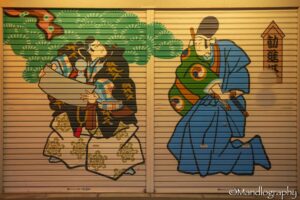
6.There is beauty in the art of mastery
The Japanese dedicate years of practice to reach the pinnacle of their craft to be ‘masters’. From tea masters, sushi artisans, martial arts experts and the enigmatic geishas. Watching the masters gracefully execute their skill, with precision and flow is admirable. It is a testament to the value of patience and dedication in mastery.

7.Importance of preserving cultural traditions
Cultural traditions are the threads that connect people to their ancestry. Culture retains the values held by the forebearers. For future generations to understand the richness of their culture, it is important to preserve tradition. Create ways to make traditions accessible to those who want to continue or learn about them. Japan had many museums and classes/courses available to learn about some Japanese traditions. Modernisation threatens to override tradition.
8.There is always a cost to progress
Japan is one of the leading nations when it comes to technological development. The nation’s focus towards technological growth and development comes at a price. Some traditions that were prevalent and honourable in Japanese culture, have declined in participation. For example the training of the geishas, tea making ceremonies and craft artisan work. Higher paying professions and faster lifestyles have enticed people away from traditional work. A stark reminder that every step forward often requires leaving something behind.
9.Creating or moving to an environment that helps you thrive
The size of Japan and the different regions, lend to interesting sub-cultures. From the big cities, the country towns to the island towns. People move to a part of the country that provides more of the lifestyle they desire. The small size of the houses and limited space means people are mindful about having only things that bring enhanced utility, joy or peace.

10.Creating moments of serenity
Japan has so many things that encourage one to slow down and take in their surroundings. People have cultivated lifestyles that make them appear as if they are floating through life. This is partly attributed to the mindfulness and meditation practices observed in Japan. The breath taking zen gardens, green spaces and artistic creations across the country encouraged me to pause and breathe. This kept my mood mellow and my body relaxed.
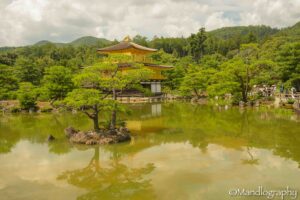
Japan definitely forced me to pause and observe – both internally and externally. It challenged how I engage with the people around me, and my environment. The rich culture triggered me to think about the intricacies of changes in traditional values. I thought about finding purpose as well as intentionally creating an environment that encourages me to thrive. The country has so much to offer. I challenge anyone visiting not to find themselves in a moment of reflection. Japan will have you immerse yourself in a rich culture of mindfulness, growth, development and creativity.
Comment below to share which of the lessons above resonated with you the most? Or if you have been to Japan – are there any other lessons or thoughts that came to mind?


